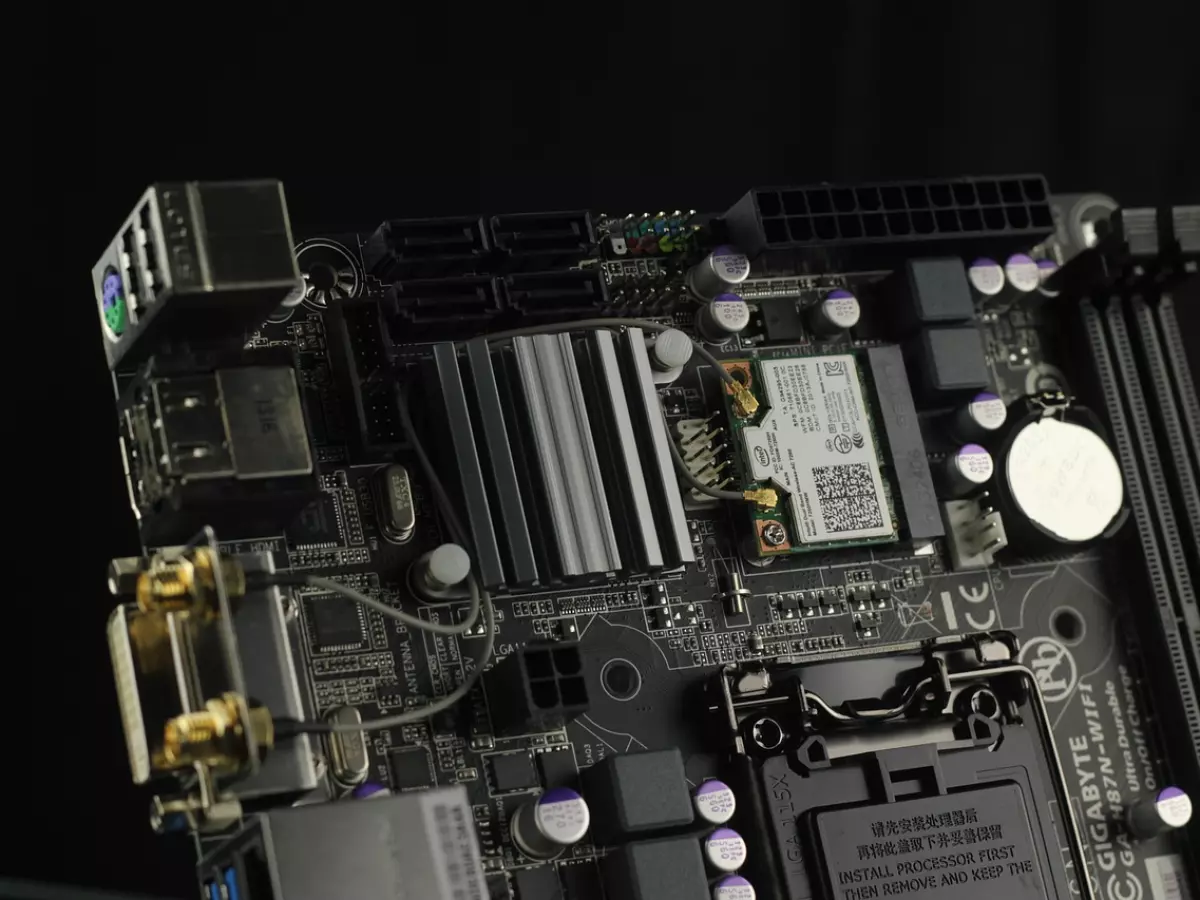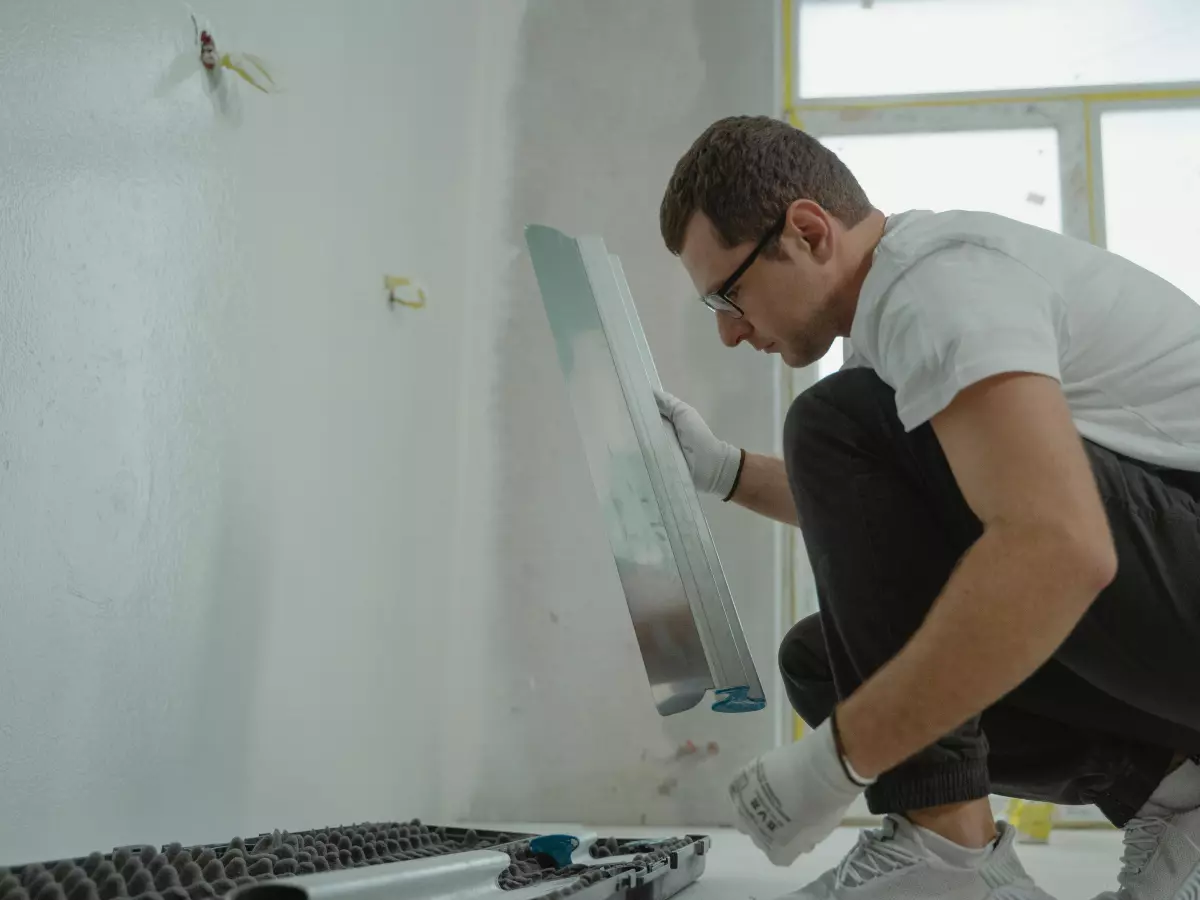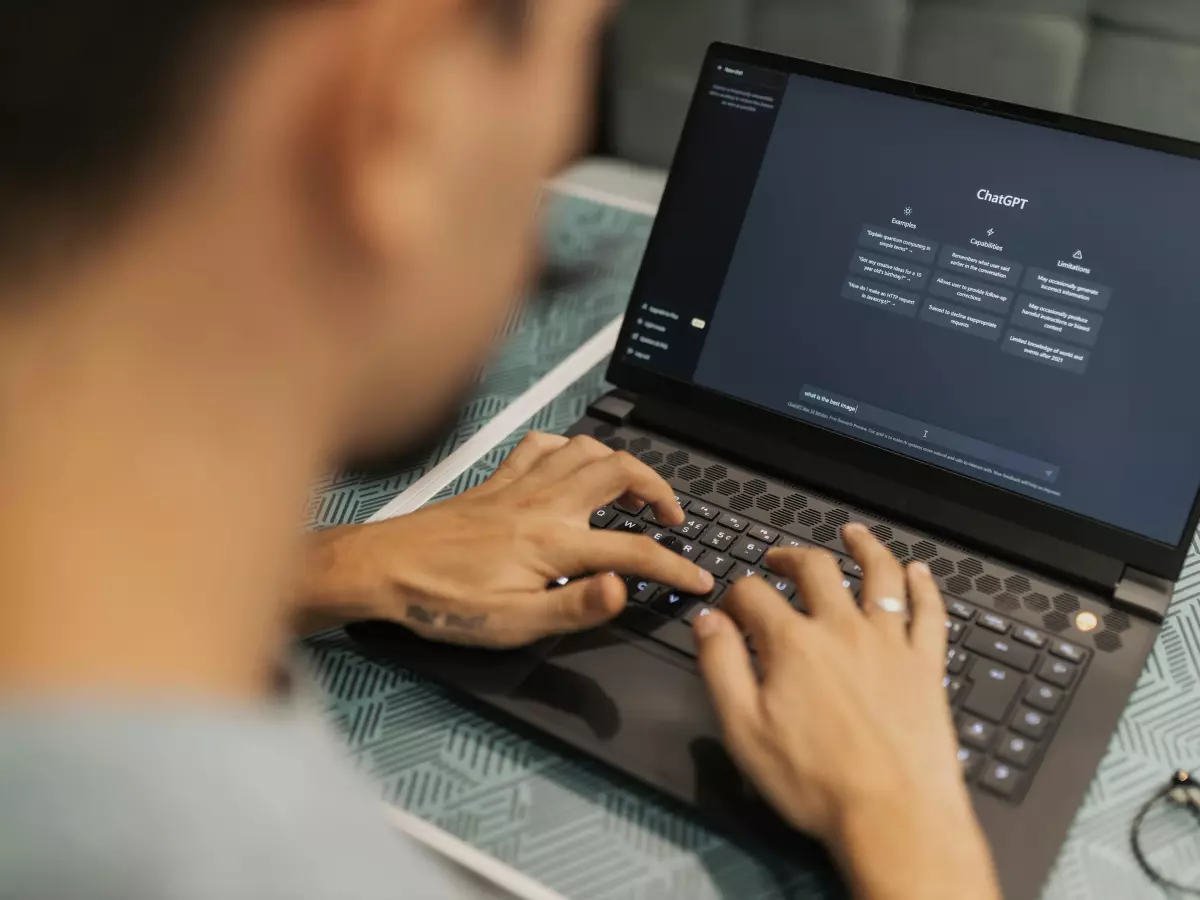Choosing the Right CPU
Building a PC but stuck on which CPU to choose? The processor is the brain of your system, and picking the right one can make or break your build. But with so many options, how do you know which one is right for you?

By Alex Rivera
Whether you're a gamer, a content creator, or just someone who needs a reliable machine for everyday tasks, the CPU you choose will have a massive impact on your PC's performance. But let's be real—shopping for a CPU can feel like navigating a maze of numbers and acronyms. Clock speed, cores, threads, cache size... what does it all mean? And more importantly, how do you know which specs matter for your specific needs?
In this guide, we'll break down the key factors you need to consider when choosing a CPU for your PC build. By the end, you'll know exactly what to look for, whether you're aiming for a budget-friendly setup or a high-performance beast.
Understanding CPU Cores and Threads
First things first: cores and threads. These are probably the most talked-about specs when it comes to CPUs, but what do they actually do? In simple terms, cores are the individual processing units within a CPU. More cores mean your CPU can handle more tasks at once. Threads, on the other hand, are like virtual cores that help your CPU multitask even better.
For most users, a quad-core (4 cores) CPU will be more than enough for everyday tasks like web browsing, streaming, and light gaming. But if you're into heavy multitasking, video editing, or gaming at high settings, you'll want to look at CPUs with 6, 8, or even more cores.
Clock Speed: Does Higher Always Mean Better?
Next up, clock speed. This is usually measured in GHz (gigahertz) and tells you how fast each core can process tasks. A higher clock speed means faster performance, right? Well, yes and no. While a higher clock speed can improve performance, it's not the only factor. A CPU with more cores but a slightly lower clock speed could still outperform a higher-clocked, dual-core processor in multi-threaded tasks.
For gaming, clock speed is still important, especially if you're playing games that rely heavily on single-core performance. But for tasks like video rendering or 3D modeling, core count might take precedence over clock speed.
Cache Size: The Unsung Hero
Cache size is one of those specs that often gets overlooked, but it can make a big difference in performance. The cache is like a small, super-fast memory bank that your CPU uses to store frequently accessed data. A larger cache allows your CPU to access data more quickly, which can speed up tasks like gaming, video editing, and even web browsing.
Most modern CPUs come with a decent amount of cache, but if you're building a high-performance machine, it's worth paying attention to this spec. More cache can help reduce bottlenecks and keep your system running smoothly.
Integrated Graphics: Yay or Nay?
If you're building a gaming rig, you're probably planning to buy a dedicated GPU (graphics card). But what if you're not a gamer? Do you still need a GPU? The answer depends on your use case. Many CPUs come with integrated graphics, which are built-in GPUs that can handle basic tasks like video playback and light gaming.
If you're just using your PC for everyday tasks like web browsing, streaming, and office work, a CPU with integrated graphics might be all you need. However, if you plan to do any gaming or video editing, you'll want to invest in a dedicated GPU for better performance.
Power Consumption and Heat
Another important factor to consider is power consumption, often measured in watts (W). More powerful CPUs tend to consume more power, which means they also generate more heat. If you're building a high-performance PC, you'll need to make sure your cooling solution can handle the extra heat. This could mean investing in a better CPU cooler or even a liquid cooling system.
On the flip side, if you're building a budget or energy-efficient PC, you might want to opt for a CPU with lower power consumption. These CPUs are often labeled as "T" or "S" models and are designed to run cooler and use less power, making them ideal for compact builds or quiet setups.
Future-Proofing: Is It Worth It?
Finally, let's talk about future-proofing. Technology moves fast, and no one wants to build a PC that feels outdated in a year. So, should you spend extra on a higher-end CPU to "future-proof" your build? The answer depends on your needs and budget.
If you're building a gaming PC, a mid-range CPU with 6-8 cores should be more than enough to handle new games for the next few years. But if you're into content creation or plan to use your PC for more demanding tasks, it might be worth investing in a higher-end CPU with more cores and threads.
That said, don't go overboard. It's easy to get caught up in the hype and spend more than you need. Focus on what you'll actually use your PC for, and choose a CPU that fits those needs.
Conclusion: The Right CPU for You
At the end of the day, the best CPU for your PC build depends on what you plan to use your system for. Whether you're gaming, creating content, or just browsing the web, there's a CPU out there that fits your needs and budget. By understanding the key specs—cores, threads, clock speed, cache size, and power consumption—you'll be able to make an informed decision and build a PC that delivers the performance you need.
So, what's it going to be? Are you ready to pick the brain of your next PC?





